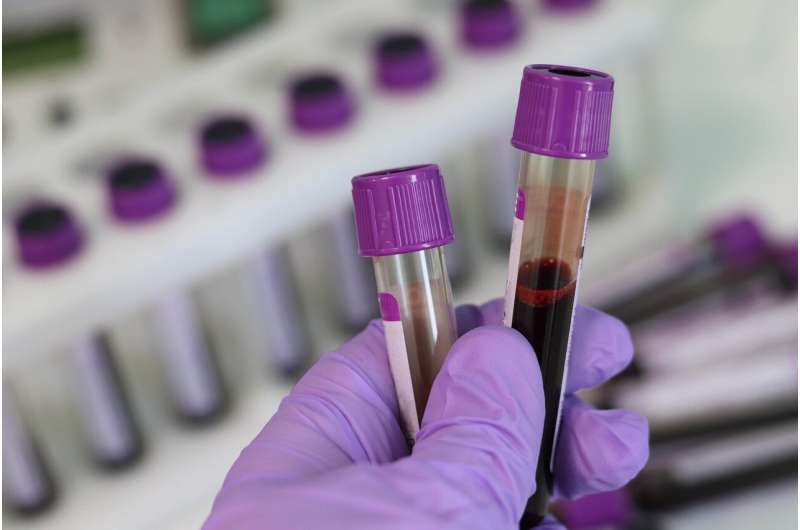Blood
Patients need better information on usefulness of blood tests, finds new UK audit
An audit of blood tests in U.K. GP practices has found that 6.2% of test results led to a new diagnosis or confirmation of a diagnosis, and abnormal or borderline results were common with only around a quarter (26.6%) of patients having results in the normal range.
Authors of the University of Bristol-led study, published in the British Journal of General Practice, say that while these findings may be unsurprising to clinicians, they may be concerning or confusing to patients, especially when accessing results online.
The audit, which collected anonymized data on blood tests for more than 2,500 patients from 57 GP practices in England, Scotland, Wales and Northern Ireland, also found that a quarter of tests may have been partially or fully unnecessary when reviewed retrospectively by another clinician.
Around half of tests (48%) did not lead to any change in management or reassurance, 13.4% led to further blood tests or repeat blood tests, and 2.7% led to further radiology tests.
The most common reasons for testing were symptoms (43.2%), monitoring of existing disease (30.1%), and monitoring of existing medications (10%).
Only around half of tests were requested by GPs, reflecting the multidisciplinary nature of primary care. On average 4.5 tests were requested simultaneously per patient.
The study, “Why Test?” is the first from a new national collaborative of academics and primary care clinicians (PACT). Dr. Jessica Watson, a GP and NIHR Clinical Lecturer in General Practice at the Center for Academic Primary Care, University of Bristol, said, “Rates of blood testing in primary care have increased over the last twenty years. In this study, we wanted to explore who requests blood tests and why, and what the outcomes are.
“The results have important implications for how primary care clinicians talk to patients about blood tests, to ensure that they have a better of understanding of why a test may or may not be necessary and realistic expectations of the role of blood tests in their care. Many tests don’t lead to a diagnosis or change in treatment, although they may still be important to rule something out or provide reassurance.
“There is also a need for better evidence to inform judgements on whether a test is necessary or not, as sometimes this judgment is only possible with hindsight when test outcomes are known. Unnecessary tests could lead to increased anxiety for patients, increased workload for GPs and increased costs for the NHS. We need better evidence to help us ensure that patients get the right test at the right time.
“We are grateful to PACT members for collaborating on this research. Without their help, this data collection would not have been possible.”
More information:
Jessica Watson et al, Why test study: a UK-wide audit using the Primary Care Academic CollaboraTive to explore the reasons for primary care testing, British Journal of General Practice (2023). DOI: 10.3399/BJGP.2023.0191
University of Bristol
Citation:
Patients need better information on usefulness of blood tests, finds new UK audit (2023, July 21)
retrieved 21 July 2023
from https://medicalxpress.com/news/2023-07-patients-usefulness-blood-uk.html
This document is subject to copyright. Apart from any fair dealing for the purpose of private study or research, no
part may be reproduced without the written permission. The content is provided for information purposes only.

